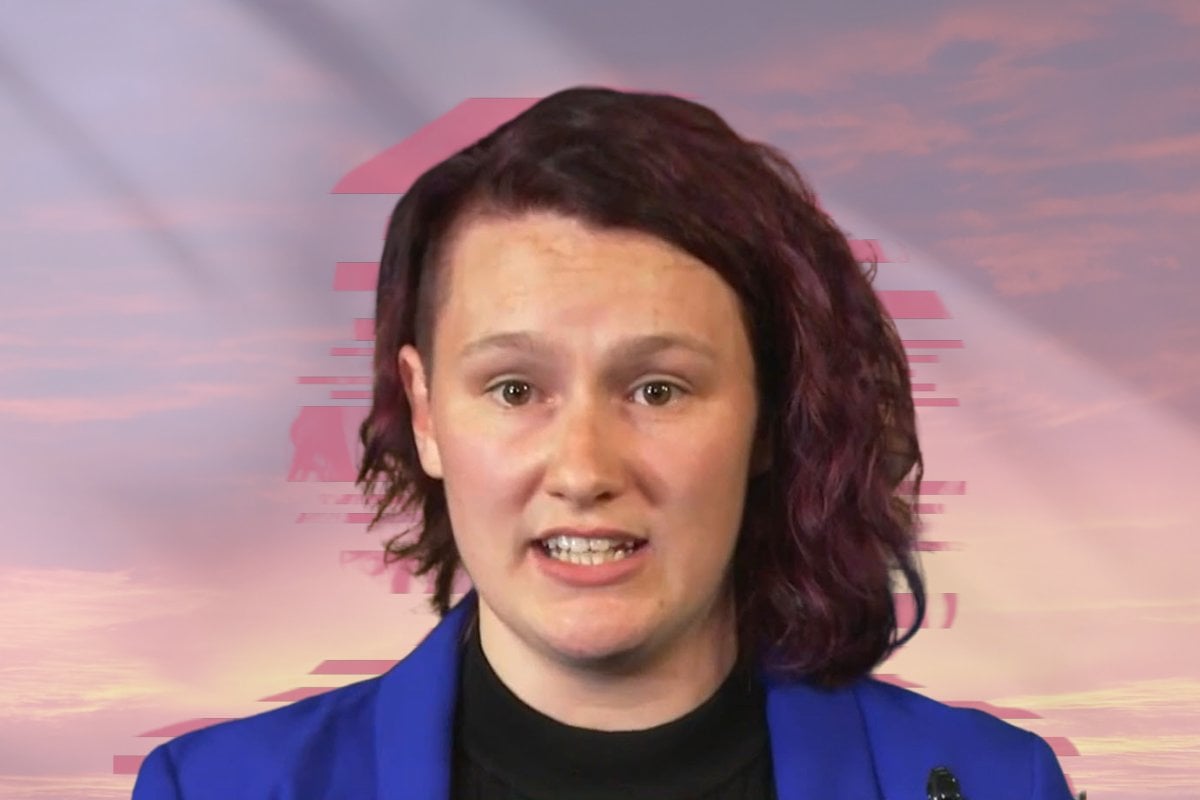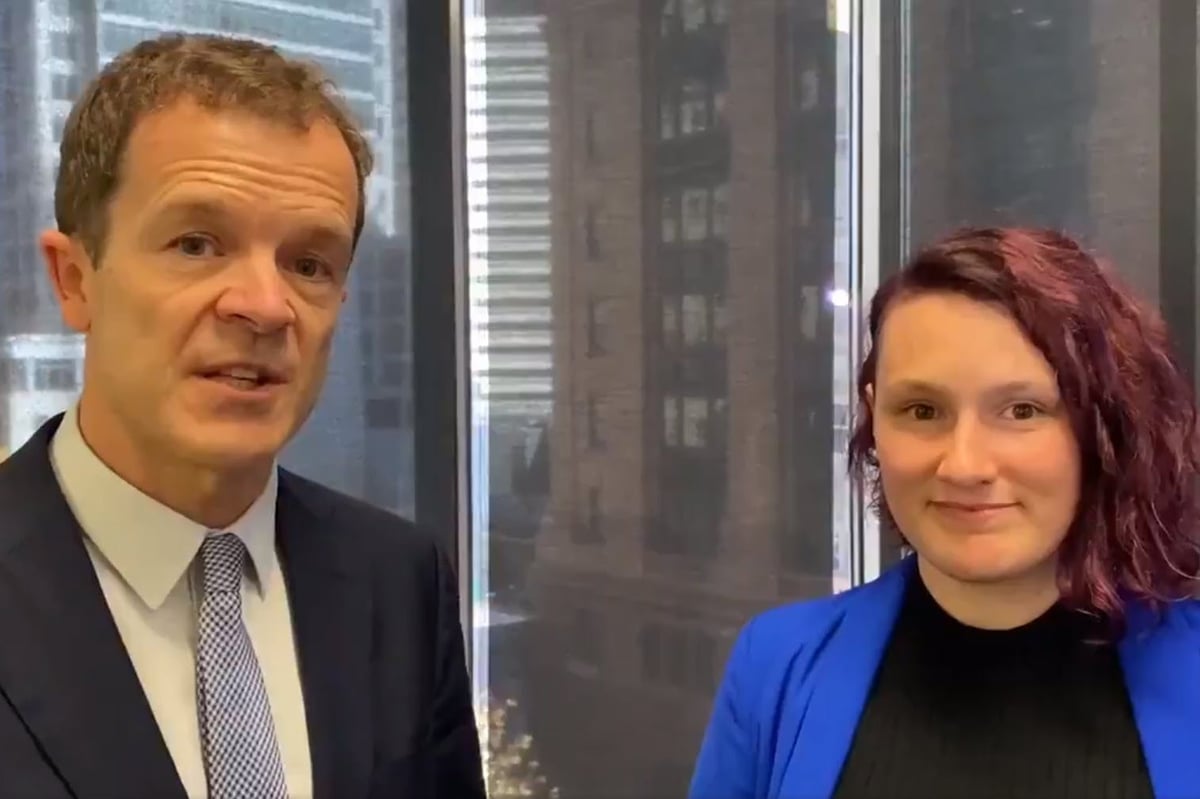
This post contains mentions of sexual assault and may be triggering to some readers.
Four years ago, Saxon Mullins walked out of a courtroom feeling "lost, alone and powerless".
After two trials and two appeals, a judge dismissed the case for a third trial against the man she says raped her in a Kings Cross alleyway.
The judge found the man involved had no reasonable basis for believing she had not consented while acknowledging that Mullins - in her own mind - had not consented.
Watch: Saxon Mullins' 2018 Four Corners interview led to an investigation into NSW's consent laws. Post continues below video.
Mullins became the face of a national push to strengthen sexual consent laws, after telling the ABC in 2018 she was sexually assaulted as an 18-year-old behind a nightclub in 2013 by a man she'd met minutes earlier.
While the case ended, Mullins was left to live with the weight of it all; the trauma of that night, the court process and the lonely aftermath.
Saxon Mullins says we need to teach people that a simple conversation is all it takes to know that you have #consent. #4Corners pic.twitter.com/ux4N6XnBcU
— Four Corners (@4corners) May 7, 2018



Top Comments